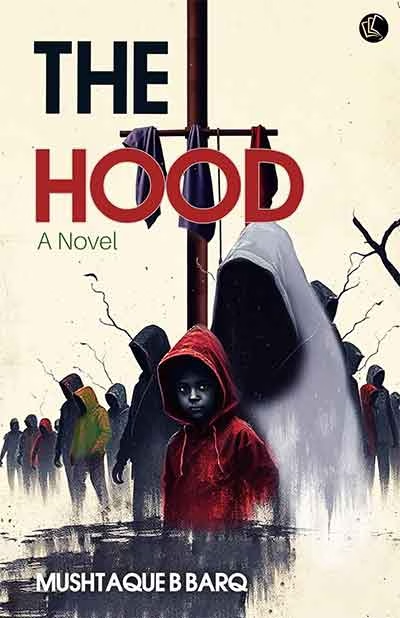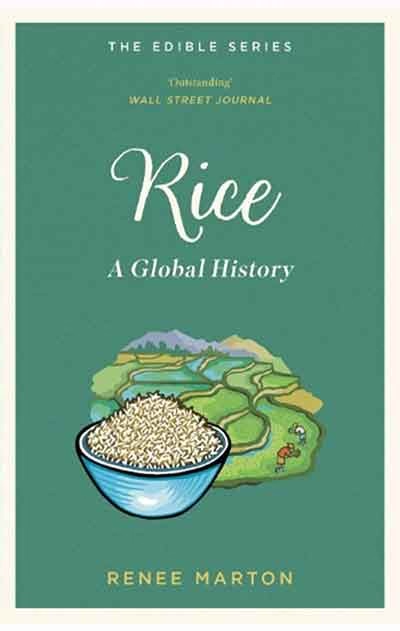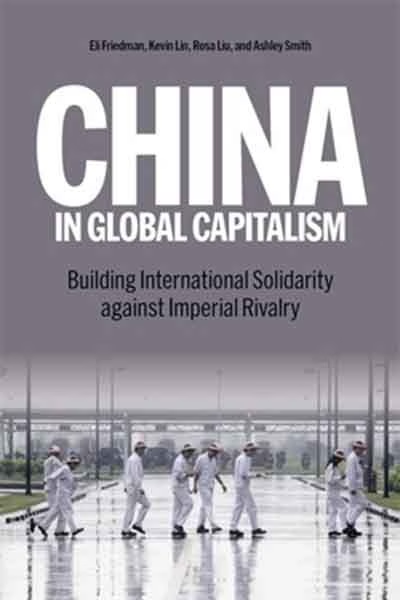Prof. Arun Kumar Patnaik , Professor of Political Science and former dean of the school of social science ,University of Hyderabad, is a passionate and popular Gramscian teacher and researcher. His recent book, ”Gramsci and South Asia – Common sense ,Religion and political society” published by Routledge,Taylor and Francis Group in 2025, is an attempt to contextualizing Gramsci to South Asia specific politics of religion and caste, and giving a call to emphasizing dialogue as an important political instrument for peace and reconciliation.

This 240- page book is a critical scrutiny of Gramsci’s ideas while applying to Indian context with Swaraj-in -ideas or to decolonize knowledge without national conceit. The book is dedicated to MV foundation,Hyderabad, for its reforming creative pursuit as a civil society body to spread education among marginalized sections without economic determinism which was argued by Gramsci and Ambedkar(1891-1956) against orthodox Marxist.
Antonio Gramsci (1891-1937) , the most prominent Marxist intellectual after Marx, was secretary of Communist Party of Italy, during the Mussolini era. He was imprisoned from 1929 to 1937. Most of his writings ,Prison Notebooks and letters in particular, significantly theorize Marxian ideas in the context of Italy’s history and nationalism, and can be relevant as a methodology of dialectical perspective because he has not imitated Russian Marxism in Europe even go to the extent of differentiating diversities within a country between history of industrialize northern Italy with the history of rural southern Italy to understand the concrete material condition.
He argued that “Hegemony” the ideas of ruling class also controls the minds of people through culture ,education and media that influence the thinking and way of life even if you do not like it.The Civil society of traditional intellectuals are manufacturing opinion and values where education and religion used as a vital instrument in serving the ruling class interest.The subalterns/marginalized social groups , must produce their own organic intellectuals to articulate their ideas to build counter hegemony for an alternative creative society. The organic intellectuals have to change people’s mind,their own ideas of power structure ,way of thinking and value system that complements a change process.
The book has three chapters that explains common sense as the power of common man ,religion -reshaping political secularism , and political society – in the imaginations of subalterns and for a dialogue with subalterns.
One of his important contributions in the book is about understanding the dynamics the Kandhamal violence of 2008,co-authored with Mr. Rajesh Bag , a lecture of political science from Kalinga Collage ,Kandhamal ,Odisha.
The post globalization era has been witnessed a religion and caste based political mobilization and social polarization that culminated in violence and killing ,riots and hate campaigns , the most disturbed among these incidents were Ayodhya dispute , Gujarat and Kandhamal violence and many more in different parts of the country impacted the most peoples’ mind.
Prof. Patnaik made an attempt to capture the experience of Kandhamal violence and well documented the various folk narratives of different ethnic communities and their symbiotic relationship, and most importantly the role played by organized religious outfits in formation of different binaries for communal polarization. He explained, how in the post violence period a dialogue process among both the communities helped in realizing their inseparable loss and got them motivated to coming together for restoration of peace and reconciliation. It helps in reviving their per-violence social imaginary, of course with many continued historical limitations such as social discrimination against Dalit.
Here, he brought together Tagore , Gandhi and Gramsci’s historicity on the danger of religious supremacy to produce conflicts and exhibited how both the dominant religions have helped in wiping out tribal customs and culture.Gandhi opposed conversion in 1890 and Gransci was worried about the change in old civilization in India and China.He observed that in case of Kondhamal the Hindutva assimilating strategy is more tribal friendly because of less caste barriers which is not the same in case of Dalits who are historically denied a human dignity in the Hindu religion. Dalit conversion to non-Hindu religion is being seen as a potential threat to the Hindu assimilation process and a comparative impact of both the assimilation and conversion shows that developmental aspirations of both Dalit and Adivasies are more visible in conversion rather than in the assimilation.But in spite of conversion the Dalit social identity remain as before with a change in their legal status to avail protection against discrimination.
Though there has been law against social discrimination but law is not enough in the absence of a cohesive social action agenda.
Prof Patnaik explained that the 2008 Kandhamal violence might be seen as an intersection between Hindutva -Christianity and tribal – caste conflicts. He criticized many of the secular studies on Kandhamal violence because of their one sided approach and the fact that they have not taken into account the impact of the new Christian faith disturbing local social harmony even though it persists with discrimination and hierarchy. He suggested that secular studies must not be silent on the nature of symbolic violence of the new Christian faith.Therefore both Gandhiji’s Satyagraha and Gramsci’s dialogue are inseparable and nobody should have monopoly over truth and one sided account of civil society is monopolistic therefore not acceptable by Gramsci and Gandhi. He offers a solution by saying that the left and liberals must engage in a dialogue among themselves and also with subalterns as all have a common concern for democracy, rational motive and social progress. I hope this stimulating book of political discourse may engage people in trans-formative and applied politics because of its perception based on the historical ideas of Indian political thinkers coherent with Gramsci to understand many of our pressing contemporary issues of conflict through narratives of the past aiming to build an egalitarian future.
Subscribe to Our Newsletter
Get the latest CounterCurrents updates delivered straight to your inbox.
Manas Jena is a political commentator













































